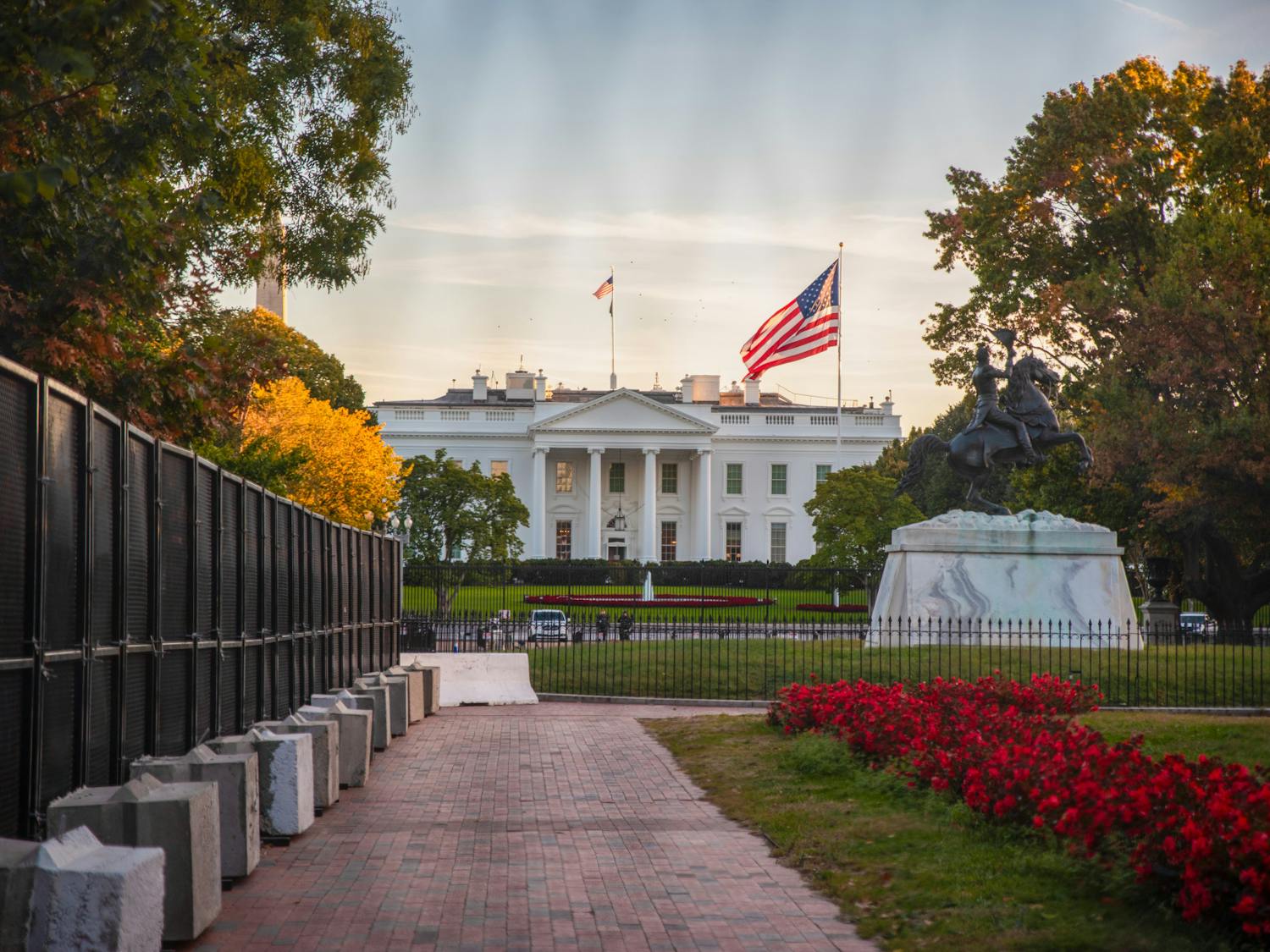The nine BiCultural InterGreek Council fraternities and sororities have 35 members - one of the lowest totals ever. College senior Everett Sands is the president of Omega Psi Phi Fraternity Inc. -- and the only member. Like several other BiCultural InterGreek Council fraternities and sororities, the University's chapter of the nearly 100-year-old Omega Psi Phi is lacking significant numbers. Indeed, with membership in the nine BIG-C fraternities and sororities totalling 35, undergraduate involvement in the organizations is at one of its lowest points ever. Part of the difficulty in attracting members comes from the small pool of students from which to draw, said Sands. Currently the undergraduate student body is approximately 5 percent African American and 3 percent Latino. "You're trying to join people of the same goals and values," said Sands, who is also BIG-C president. "When you have that and a small percentage of minorities, you only have so many members." Consequently, the BIG-C's efforts to increase membership will be an uphill battle. "I think every group is looking for more members," Sands noted. Membership in BIG-C organizations is roughly the same this year as it was last year. But membership has fallen significantly over the past several years. "Penn is a diverse campus, but it could work on bringing in minorities," said Jessica Capowski, president of Sigma Lambda Upsilon, Senoritas Latinas Unidas Sorority Inc. "Since the minority population itself is small for the campus, I think we're doing well," she added. Sigma Lambda Upsilon currently has three members. Despite the low involvement in BIG-C organizations, very few minority students are turning to the InterFraternity Council fraternities or the Panhellenic Council sororities as alternatives, according to Scott Reikofski, director of the Office of Fraternity and Sorority Affairs. "Women have a stereotype of what a Panhel sorority would be like," said Panhel President Janelle Brodsky, noting that "the Greek system has the stereotype of being 'white.' " Additionally, Khalilah Bryan, recording secretary for Alpha Kappa Alpha, Sorority Inc. and a BIG-C representative, said "a lot of people are interested in a lot of things besides sororities." Compounding the membership problems is the BIG-C's philosophy on attracting students, said Larry Moses, program director for the BIG-C. He noted that BIG-C organizations want to attract members, not recruit them. "We set out to break down misconceptions about Greek life," Moses said. "I'm not about convincing people to be Greek. I want someone to make an informed decision." Moses has been working with the BIG-C for the past year. His goal, he said, has been to unify the groups and increase their visibility. "Larry Moses has been tremendous with the BIG-C," said Fungayi Kapungu, president of Kappa Alpha Psi Fraternity Inc., adding that "he has brought more unity [between groups]." In addition to campus unity, some BIG-C organizations interact with chapters at other Philadelphia colleges, including Drexel, Temple and Villanova universities. Sands noted, for example, that while he may not have any fraternity brothers in his classes, he can always count on support from other area chapters. Even with their low numbers, the BIG-C organizations work to impact the community, according to United Minorities Council Chairperson Chaz Howard. "The fraternities and sororities may have only one or two members, but they do as much, if not more work, as the mainstream fraternities," said Howard, a College junior. "Even though the BIG-C is small, it is making a big difference on campus and in the community." Daily Pennsylvanian staff writer Matt McNulty contributed to this article.
The Daily Pennsylvanian is an independent, student-run newspaper. Please consider making a donation to support the coverage that shapes the University. Your generosity ensures a future of strong journalism at Penn.
Donate







